Remember when making friends was as simple as sharing a snack or teaming up for a game in the playground? Fast forward to adulthood, and suddenly, building new friendships feels like a mix of scheduling conflicts, overthinking, and wondering if it’s socially acceptable to ask someone, “Hey, want to be friends?”
I’ve felt this myself, and I know I’m not alone. So, I decided to do a bit of research into why this happens, and I’d love to share what I’ve found with you. I’m not an expert, but I’ve had enough conversations – especially through my work with The Merit Club – to see that this is something so many of us struggle with.
Why Does Making Friends Feel Like a Full-Time Job?
1. Life Gets Busy – And So Do We!
As we age, our priorities shift. In our 20s and 30s, career ambitions, romantic relationships, and family responsibilities take centre stage. Unlike childhood, when friendships form effortlessly in shared environments, adult friendships require intentional effort. I’ve often found myself so caught up in work and personal projects that weeks slip by before I realise I haven’t reached out to someone I care about.
2. The Awkwardness Factor: What If They Don’t Like Me?
Children are generally more fearless when it comes to making friends. They approach new people with curiosity and enthusiasm. Adults, however, become more self-conscious and wary of rejection. Social anxiety, imposter syndrome, or the fear of appearing too needy can discourage people from taking the first step towards new friendships. Even at events designed for connection, like those at The Merit Club, I see women hesitate before striking up a conversation – because let’s be honest, making the first move can feel intimidating!
3. Friendships Aren’t Just About Proximity Anymore
Research suggests that friendships in adulthood are based more on mutual values and life stages rather than convenience. This means we actively seek out like-minded individuals rather than forming connections by chance. While this leads to deeper, more meaningful friendships, it also reduces the number of potential friends.

Society Isn’t Exactly Helping…
1. Where Did the Village Go?
In the past, friendships were often forged within tight-knit communities. Extended families, neighbourhoods, and religious or cultural groups provided a built-in support system. Today, urbanisation and a more transient lifestyle mean that people move frequently, making it harder to maintain long-term connections. When I moved to London, I felt this shift acutely – rebuilding my social circle took time and effort.
2. Social Media: A Blessing or a Curse?
While social media allows us to stay connected, it can also create a false sense of intimacy. We might have hundreds of online acquaintances but lack deep, fulfilling friendships. The convenience of virtual communication sometimes replaces real-world interactions, making in-person friendships rarer. I’ve spoken with so many women who feel like they “should” be connected, but something is still missing—that deeper, in-person connection that makes all the difference.
3. Work, Work, Work – And No Play!
In many cultures, work has become the dominant force in adult life. Long hours, side hustles, and career ambitions often leave little room for socialising. Many people also struggle to separate their professional and personal identities, making it harder to connect on a deeper level outside of work. At The Merit Club, we encourage members to step away from work, even for a few hours, to invest in themselves and their social lives – because we all need a space where we can just be, without the pressures of professional life.

So, What Can We Do About It?
Though making friends as an adult is challenging, it’s far from impossible. Here are some practical ways to foster new connections:
Be Intentional: Join communities, attend events, and say ‘yes’ to invitations. Friendships won’t happen without effort.
Embrace the Awkwardness: Don’t be afraid to initiate conversations and express genuine interest in others.
Nurture What You Already Have: Strengthening current connections can be just as rewarding as forming new ones.
Use Tech to Meet in Person: Social media and apps are great – if they lead to real-world interactions rather than replacing them.
Final Thoughts
Making friends as an adult requires a shift in mindset. While it may no longer happen as effortlessly as in childhood, meaningful friendships are still within reach. Through The Merit Club and other spaces designed for connection, I’ve seen first-hand how powerful it can be when women come together with the shared intention of building friendships.
I don’t have all the answers, but I do know that it’s worth the effort. So, take that first step – reach out, be open, and remember that friendships, at any stage of life, are something we all deserve.
Leave us a comment by clicking on the icon at the top of the page 🙂 .

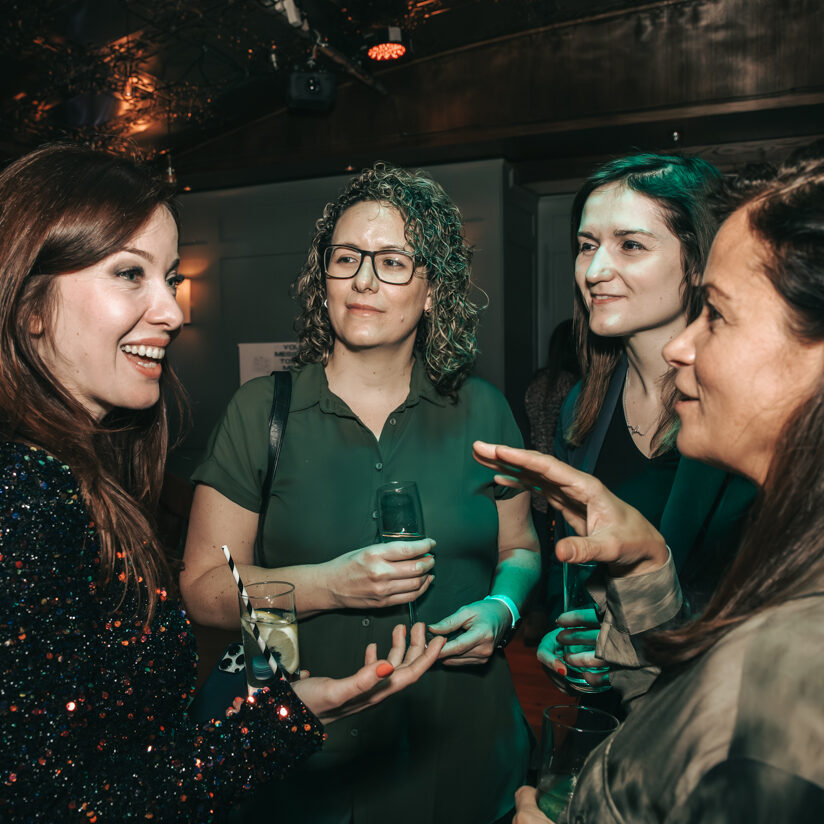
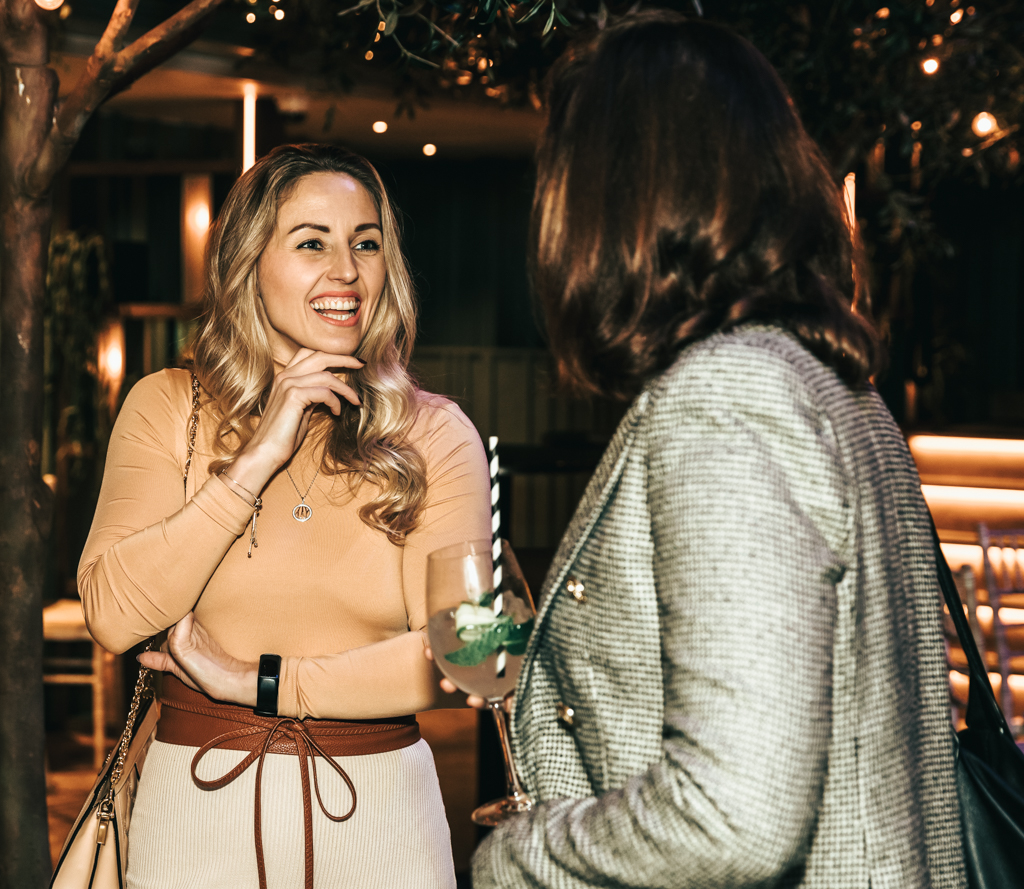




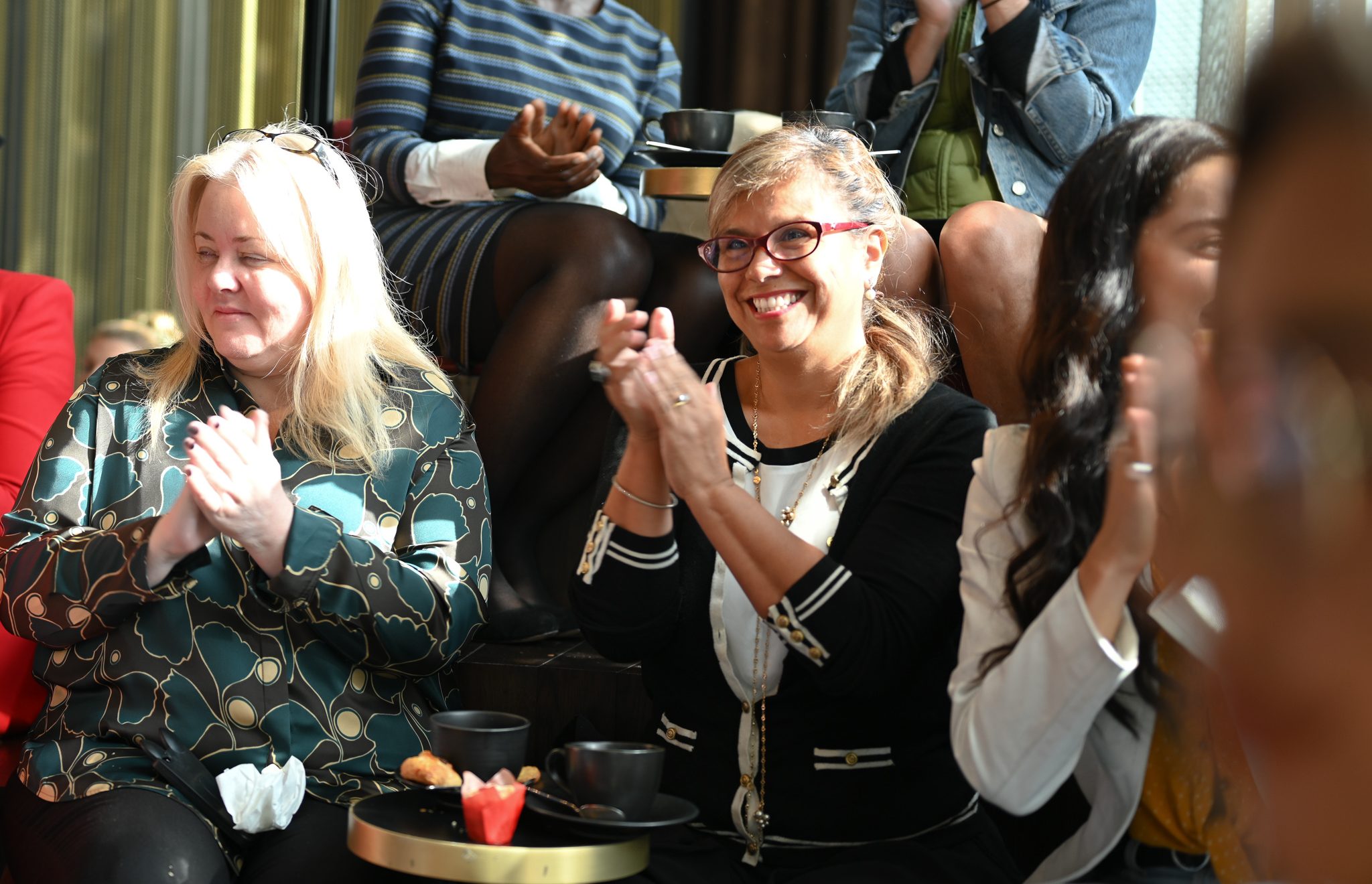
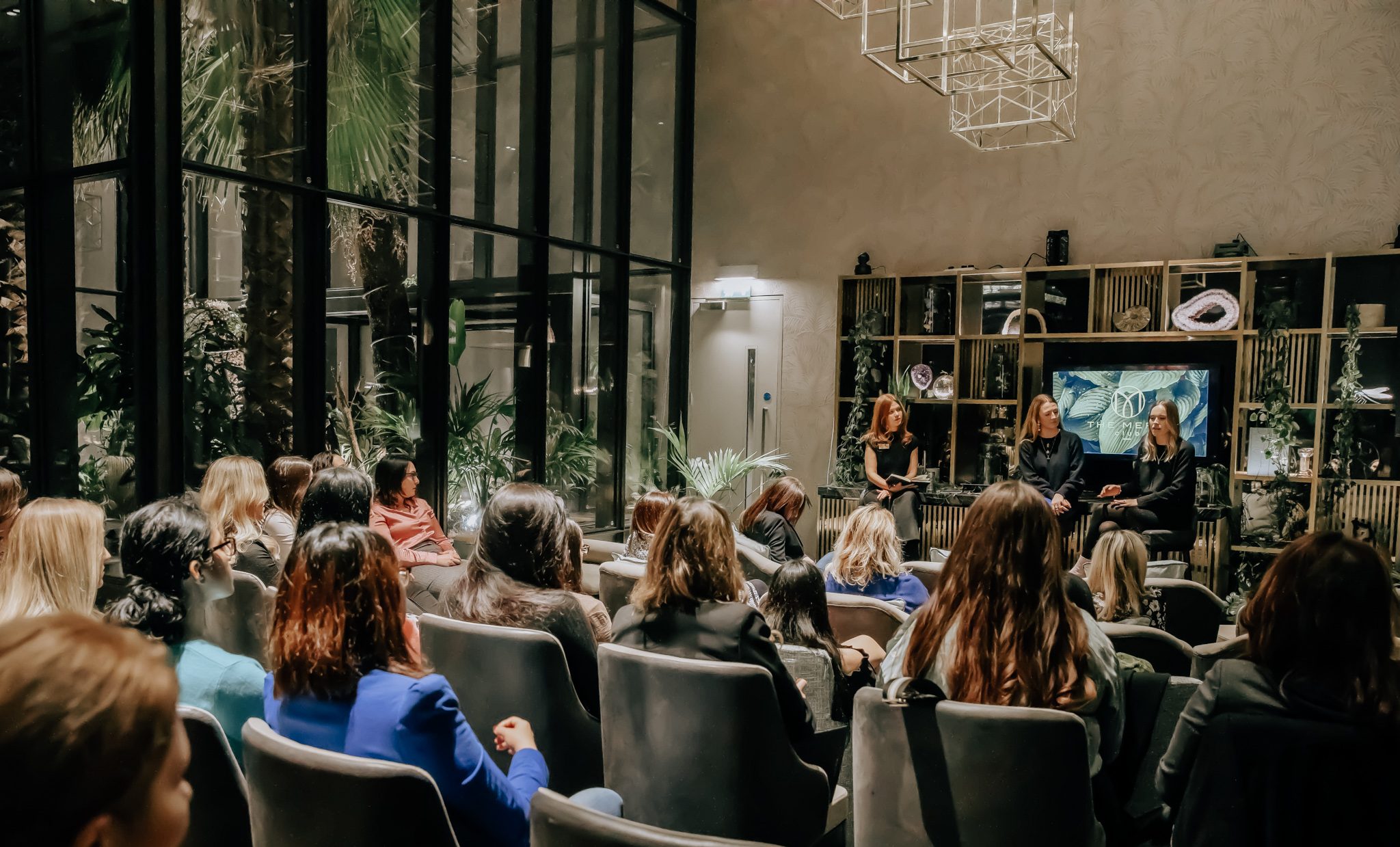
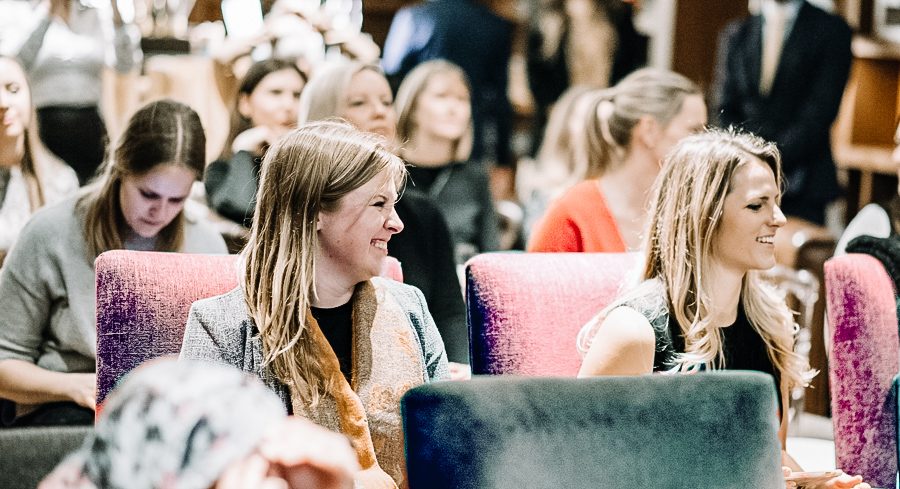

Responses
Thank you for this! 🙌🏻